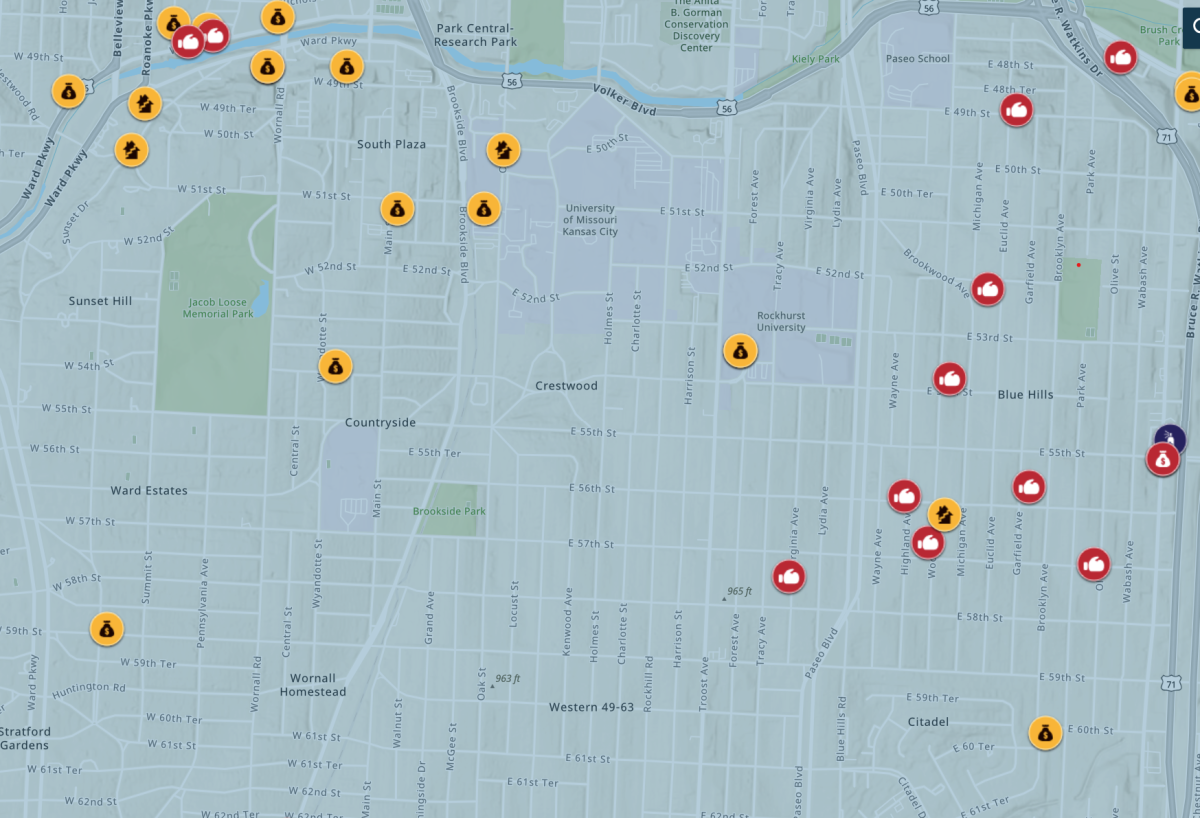by Viridiana Hernandez
As the lunch bell rang, sophomores shuffled their way to the Windmoor Center to attend the mandatory MOCSA program. Ceci Ismert tagged along with them, remaining quiet as she heard her friends complain about MOCSA.

“I don’t really mind [MOCSA],” Ismert said. “It’s kind of fun and we get to eat first activity. I kind of looked forward to going to it.”
Domestic violence programs, such as MOCSA, are provided to STA students with the purpose of aiding information, prevention and help towards abusive relationships.
“These relationships occur more often at this stage and if prevention and education isn’t put in place now that type of relationship will continue to occur throughout your life,” guidance counselor Amanda Johnson said.
MOCSA, which stands for Metropolitan Organization to Counter Sexual Assault, offers therapy and support to those who have suffered any form of sexual abuse. For STA students, MOCSA is a week-long session they are required to attend during both lunch activities their sophomore year. Along with MOCSA, other domestic violence programs, such as “The Outrage” theatre performance, are offered to students to help them establish safe and healthy relationships.
“One in five high school students reports being physically and/or sexually abused by a dating partner,” states safehome-ks.org, which provides “The Outrage.”
According to the principal of academic affairs Mary Anne Hoecker, MOCSA and “The Outrage” help students evaluate “what [their] dating experience is supposed to be” and offer help for those in any type of abusive relationships. Yet, some students did not enjoy going to these programs.
“It just kind of took out a lot of time, maybe one activity would’ve been okay, but both activities was kind of inconvenient,” sophomore Arinna Hoffine said on MOCSA.
Other students, however, were not bothered by the time consumption MOCSA required, but by the information given.
“They over-exaggerated a lot, and no one takes it seriously,” sophomore Emily Godfrey said. “Like saying ‘oh, that guy’s hot,’ that’s not sexual harassment.”
Although Godfrey did not find MOCSA useful, she admits that “The Outrage” performance was more appealing.
“The things that they were actually talking about were real and it did kind of open my eyes how you can’t call people like ‘b*****s’ or ‘sluts.’” Godfrey said. “So I liked that more than I liked MOCSA.”
Despite these reactions, MOCSA will continue to be required for sophomores every year. According to Johnson, there have been cases of students at STA admitting to be in abusive relationships and these programs can help bring awareness.
Unlike some of her peers, Ismert admits to finding the programs to be useful.
“I feel like [sophomores] always complain about them like when before we have to do it they’ll be like, ‘Oh, we have MOCSA next week,’ but once you get to them they’re not that bad,” Ismert said.




